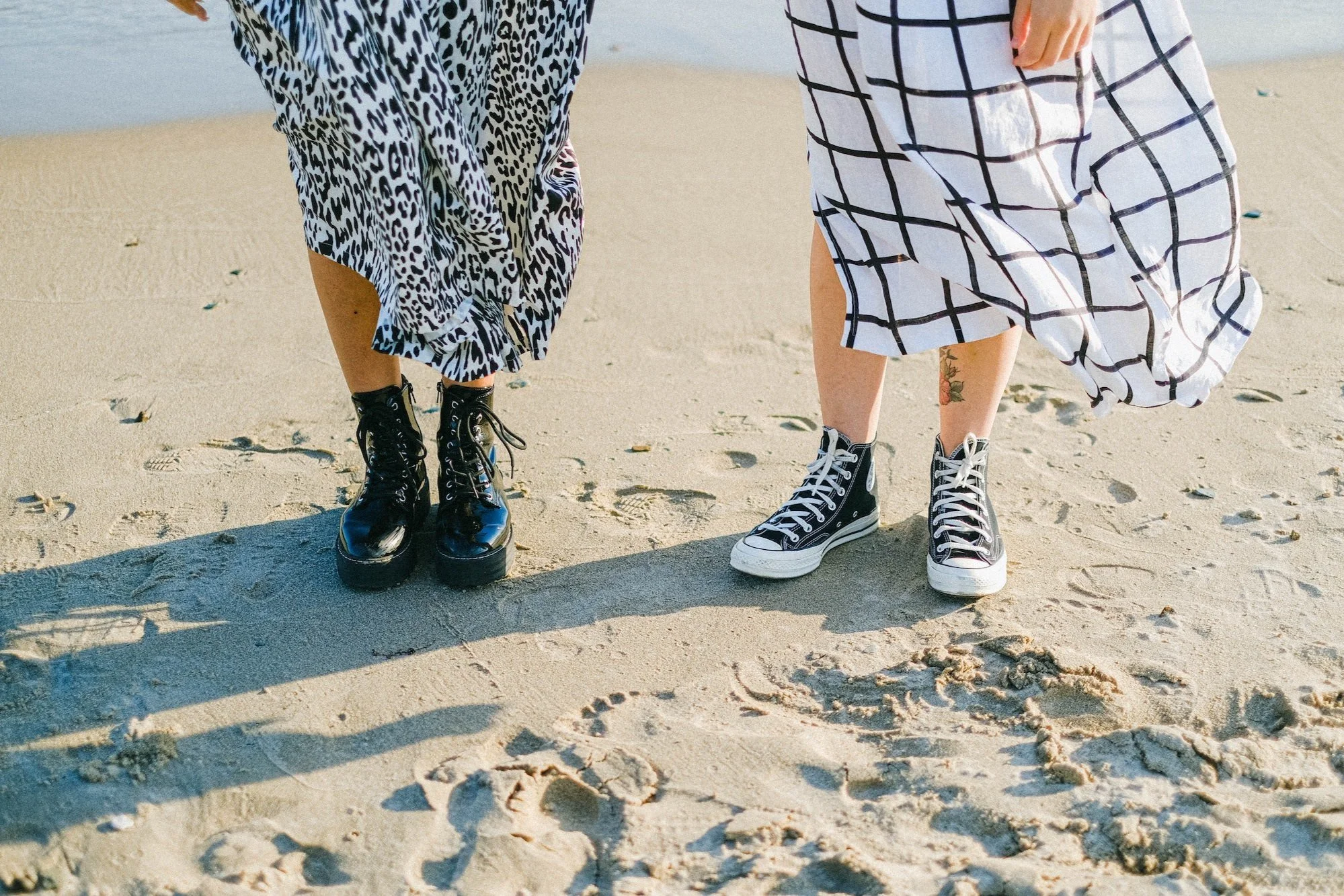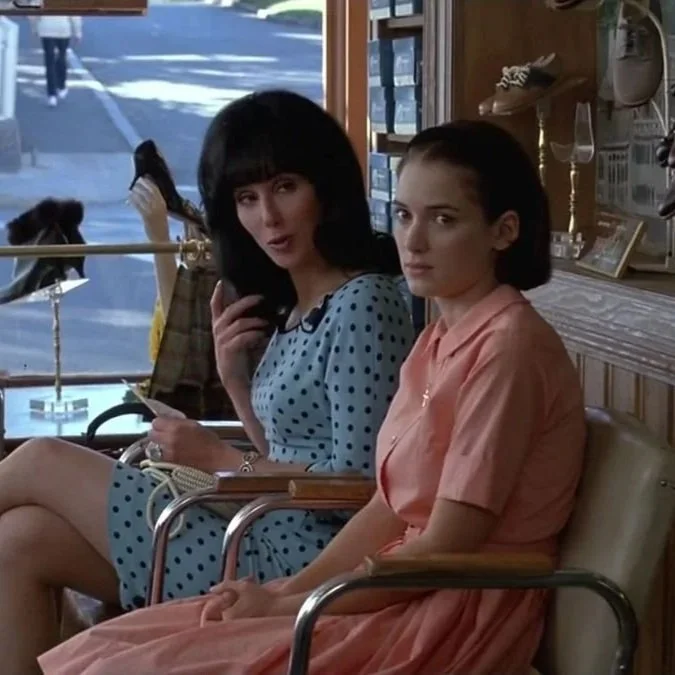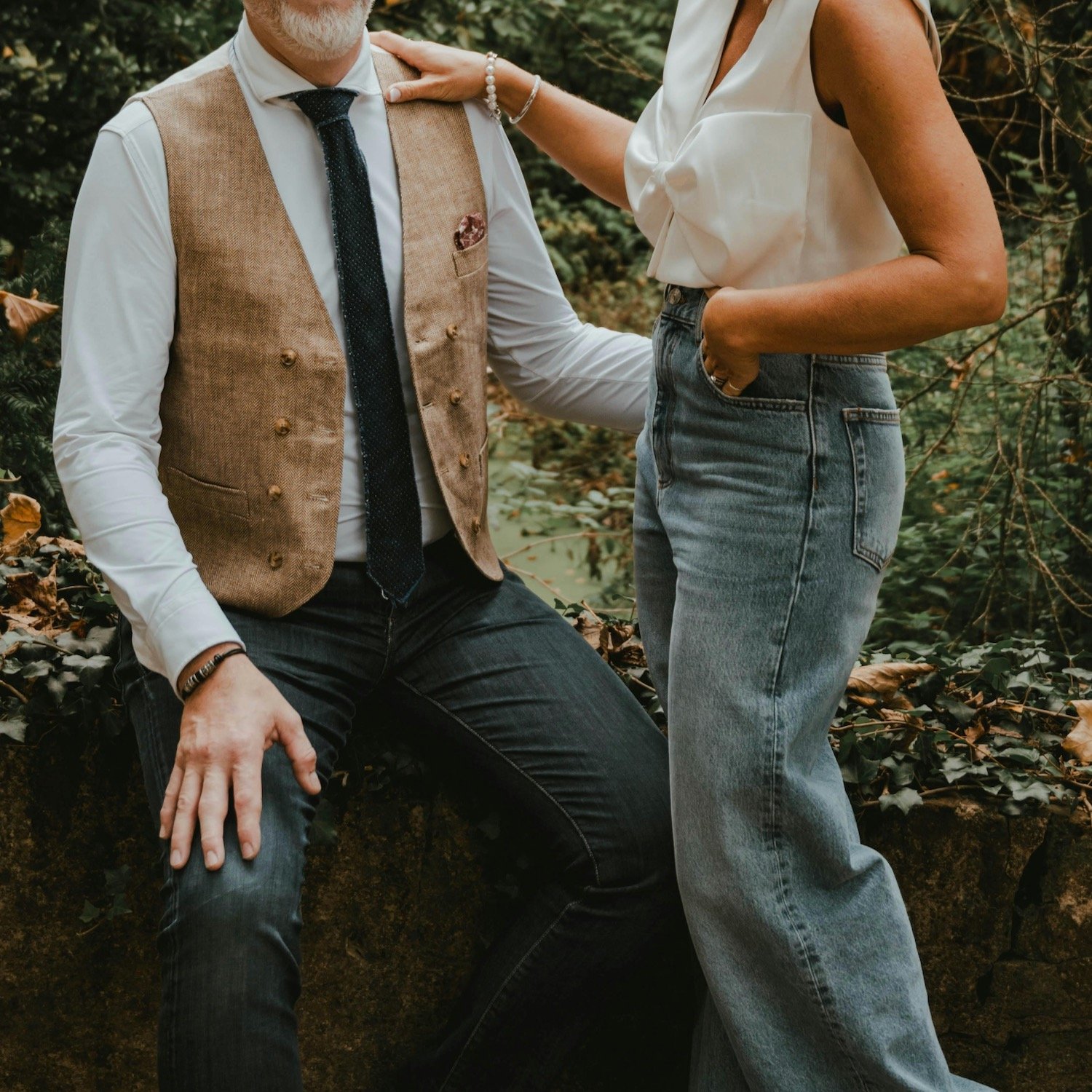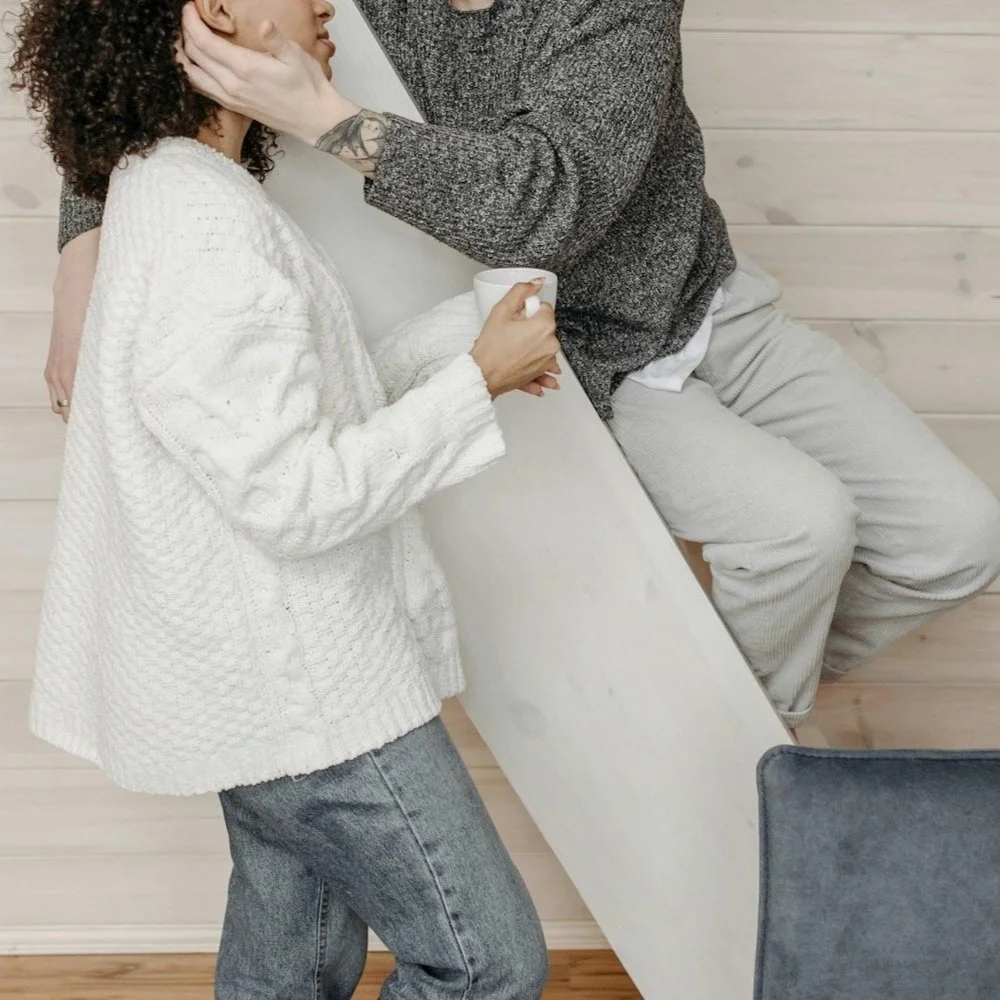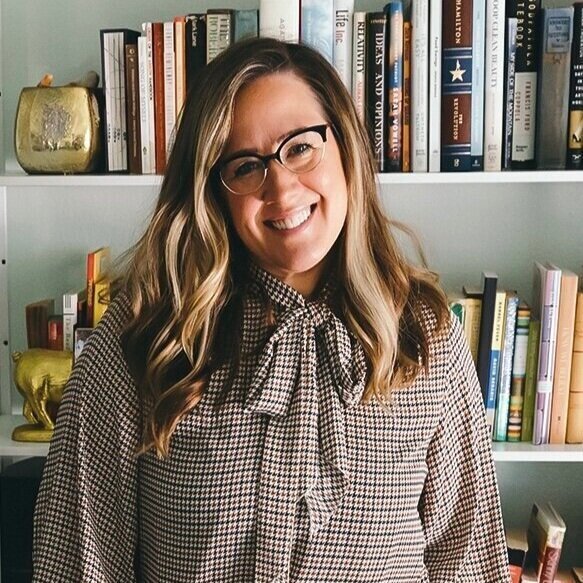6 Signs You Might Be In An Unhealthy Friendship
Notice I didn’t say “toxic.”
by Audie Metcalf
I recently went through a friend breakup. Which is almost harder than a romantic breakup. With partner breakups, it can be from chemistry that doesn’t work or discovering you have mismatched attachment styles or looking at them one day and realizing you just don’t want to hear about them drone on about bulletproof coffee for even one more minute or you’ll perish from boredom.
But friends. We choose them in a different way. Some of us choose them as the family we wish we had. Or because they’re able to listen to us without fixing it. Or because they just make us feel seen like no one else can.
And so when you lose one, it’s a very precise pain. A pain that seems to tap tap tap on the very parts of our insides that feel like who we really are.
But growth often reveals that some of the friends we made as younger people, were perhaps made to play out similarly unhealthy dynamics from our childhoods. And whatever journey of self-discovery we’re on can often illuminate that. But man. Ending friendships that clicked in nicely with alllll of our deliciously comfortable patterns (good and bad) feels like we’re losing a part of ourselves.
And we are.
We are setting sail to the parts that no longer serve the greatest possible version of who we want to be. And to the pieces of our self-esteem that still accepted being mistreated or minimized that were invisible for so long, but with recent clarity (and therapy) we realize were making us feel like absolute dogshit and could never quite understand why.
I have realized it takes deep strength to be able to let a friend go. Especially when they might know our darkest parts and our truest hearts. But if their presence in our lives creates more sadness than goodness, the kindest thing for you both, might be to say goodbye.
Here’s a few things I realized were happening for me in my friendship, and since it took me 15 years to see it, maybe it’ll help you.
1. You don’t share your accomplishments with them.
This was one of my biggest indicators that this friendship might not be good for me. Why didn’t I want to send my writing to them? Why did I downplay my achievements? It took so long for me to notice that pattern, because when I did share my accomplishments, the belittling was so subtle, I barely noticed it. I heard once that I was “so good at writing! Like, for the internet, but still!”
This on its own isn’t enough to end a friendship—maybe they were careless with their words that day. But, as a true pattern, it is. Because why would any of us want the CHOSEN people in our lives to subtly put down our gifts, our skills, our accomplishments? It felt like by accepting this behavior in my friendship, I was revealing to myself that my self-worth must be shitty. And I knew that had to change.
2. Your trust has been fractured.
There are obvious ways trust can erode, like overtly lying, constantly flaking out on plans, etc etc. Those are easy to spot. But there’s more insidious ways trust can be compromised in friendships, and that’s in the way your friend talks about you to other people. Are they holding you in high regard? Do they find ways to tell embarrassing stories only they know since you’ve been friends for so long? Do they share private information you told them in confidence? Do you hear from others that they describe situations you were both in, where they are the hero and you are the villain? Or worse, where they are the victim and you are the instigator? If you find that their view of you and your friendship wildly strays from your own, something is up. And that something is likely some kind of emotional turmoil in themselves that they can’t manage. But whatever it is, it’s not honoring you or your friendship.
3. Their presence creates drama in your life.
The word “drama” is thrown around a lot and I actually want to take a minute to discuss what I think that word really means. Life can be dramatic. Look at these last two years. Jesus. And sometimes we all can have temporary or extreme needs or horrible circumstances arise and friends can be there for us and we can be there for them. There’s sort of a reason that “true” friendship is always defined by that car breaking down at 3am scenario. So some dramatic things are almost expected in friendships.
But I think the word drama is more about unnecessary drama. Like, are they creating gigantic fights out of nothing? Or are they making fun of your life-threatening nut allergy so you get angry and hurt and they call YOU “drama?” Because…..that’s actual drama. Unnecessary shit that emerges from either your unhealthy dynamic or from them creating chaos that disrupts your life.
4. They seem to appear only when they need you.
This is pretty self explanatory. Though it isn’t to say you both have to provide the exact same thing for one another. Maybe you love to vent about work to them for hours and they’re an active participant, but they need you to babysit their kid a lot. Great! Nothing has to be equal or even or identical in the way you show your care for each other.
But if you feel like most of the friendship is deeply one-sided, it might be a signal that their needs are the only needs they’re ever considering. This feels like something that can be talked through with them and expressed with love. But if it doesn’t change, you might want to ask yourself how the friendship is actually enriching your life.
5. You notice yourself talking through scenarios about them with other friends.
I realized I was constantly discussing the manifold ways this friend was relating to me, with my husband. I talked to my therapist about this friend. I would tell my therapist exact phrases that were said to me and ask: does this sound right to you? After watching her scrunch up her face enough times, it began to click for me. It’s not right.
And only with that outside lens was I able to realize how damaging my friend’s words were. Sort of amazing I couldn’t see it on my own, but I think a lot of us 40+ people (many of us who grew up with zero boundaries) accept a lot of behavior without questioning it. I knew so many elements of this friendship felt bad to me but I didn’t know why. Outside friends and family really helped with this.
6. They find ways to highlight your weaknesses.
I had to endure so many stories of who I was 15 years ago. And how that version of me, sucked.
I’m a better person in my 40s than I was in my 20s. Aren’t we all? Just because my friend knew me then, and knew my many, many flaws, why are we discussing them today? I spoke to many people about this article and if they had any very old friends they had to let go, and many of them told me they also experienced their friends highlighting old aspects of their character, almost as a bizarre sense of ownership or codependency. Almost as if to say—well, EYE know them better than anyone. I knew them when they were young and dumb and acted a fool. Which almost feels like….a threat?
Don’t we all deserve to grow? Become more thoughtful? Become better at apologizing? If your friend finds ways to showcase your flaws, especially ones from the past, you’re getting a dark look into stuff about them, not about you.
But I want to say one more thing.
The pervasive conversation on the internet seems to be to cut people out of your life if they’re “toxic” and “narcissists” and I think it’s a very dangerous game to be so quick to label strife or conflict as such. People are deeply flawed. We are deeply flawed. Healthy friendships have conflict. Sometimes devastatingly so. And we can love people who are deeply flawed and deeply damaged and they can enrich our lives immeasurably. Expecting zero discord in our relationships isn’t real, and it sets us up to have wildly impossible expectations of others if we classify every behavior we don’t like as “toxic.”
But.
When our friendships and relationships truly make us feel worse more than they make us feel good, it can be freeing to let them go. It took me over a decade to realize that my friendship was one of power dynamics and diminishing comments and lack of support for my ideas and my success. And that state felt so natural to me I barely noticed.
But once I did, I chose myself.
Audie Metcalf is the Editor-in-chief of The Candidly, and lives in LA with her family. You can find more of her articles here.

